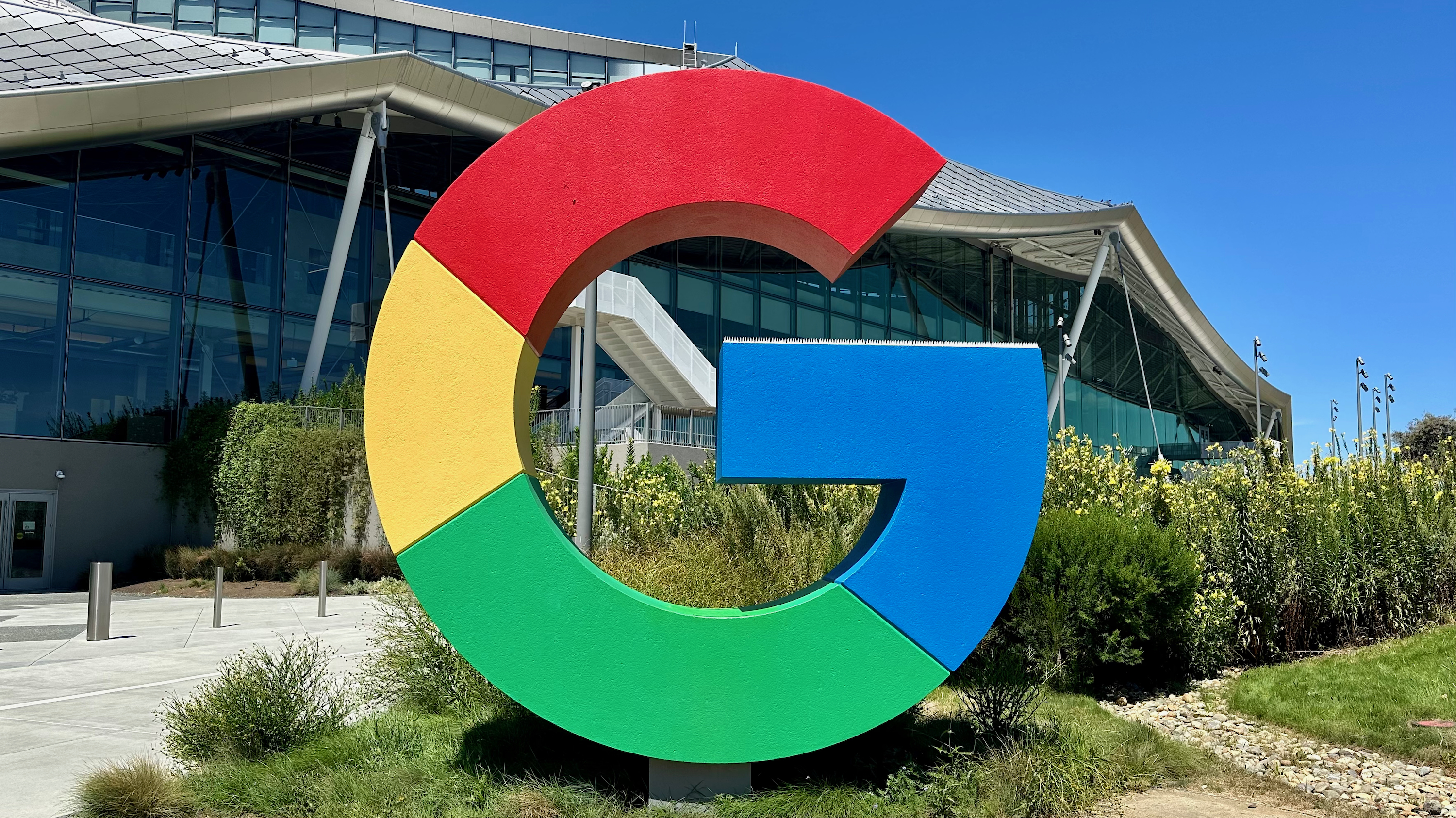
What you need to know
- Google's fight against the EU's proposed ~$2.8 billion fine against it for antitrust practices has ended following arguments with the region's highest court.
- The EU's investigations showed that Google conducted antitrust practices with its comparison shopping services in 2017.
- Google is currently wrapped in two other antitrust investigations: one for the AdTech space and another regarding the U.S. DOJ.
A long-standing antitrust case between Google and the EU has come to an unsavory conclusion for the former.
As reported by Reuters, the European Union's 2.4 billion euro (~$2.8 billion) antitrust fine against Google will stand. This case between the two parties stretches back to 2017 when the EU deemed Google guilty of abusing its dominance in the search industry by pushing its comparison shopping service above the competition.
The publication cites a CJEU judge standing firm on the matter stating, "in particular, the conduct of undertakings in a dominant position that has the effect of hindering competition on the merits and is thus likely to cause harm to individual undertakings and consumers is prohibited."
This isn't the first time Google has tried to appeal this major antitrust lawsuit against their practices in the realm of shopping. Though things began in 2017, the company appealed the ruling in 2021 and Europe's second-highest court promptly dismissed its attempt. The court reiterated at the time that Google favored its comparison shopping service and put itself in a more favorable position amongst consumers.
That initial appeal three years ago saw the court confirm "the amount of the penalty and rejected Google's arguments that no penalty should have been imposed on it."
All that was left was for Google to take its arguments to Europe's highest court. We've already seen the outcome of that today as the EU will stand with its antitrust fine, causing Google to lose once more.
Tough times continue as Google has two more ongoing legal battles: its dominant position in the AdTech space and the recent DOJ ruling in the U.S. Regarding the former, Google was accused of making its AdX ad exchange platform stand higher above the competition in 2023. The European Commission found that the company made it "difficult" for its competitors to compete with it due to the process behind the ad exchange process.
If guilty, Google would violate Article 102 of the Treaty on the Functioning of the European Union (TFEU).
In the U.S., the Department of Justice is still deciding whether or not to break up Google following its illegal monopoly ruling. The DOJ has considered forcing Google to break up, which would see the company divest Android and Chrome. Alternatively, Google could be forced to share more data with the competition.





